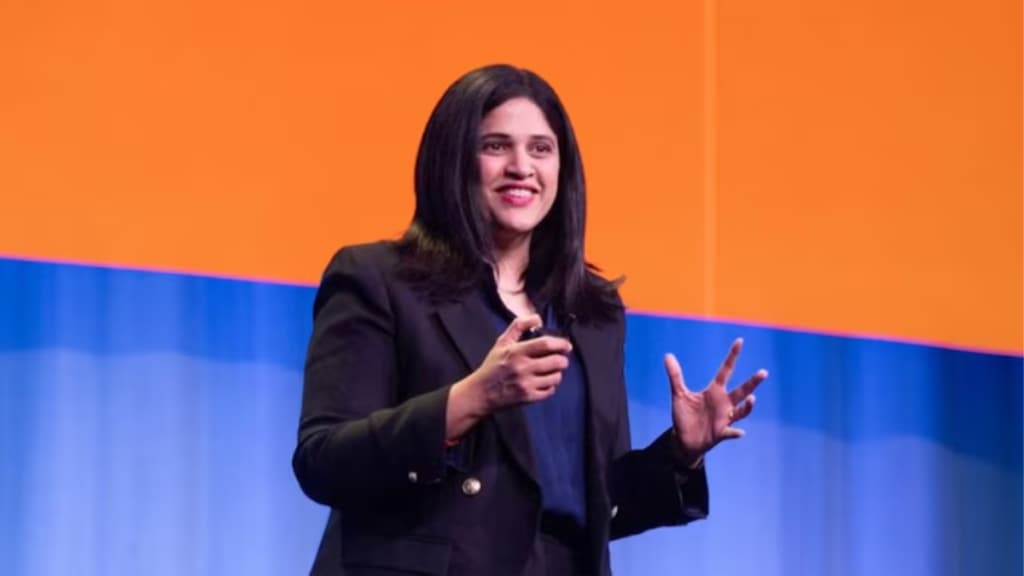Even as Microsoft’s Chief Product Officer Aparna Chennapragada strongly defended the relevance of coding in the AI era, the tech giant recently laid off around 6,000 employees — with a significant number of them being software engineers and project managers. The contradiction between the company’s public messaging and internal restructuring has stirred debate within the tech community.
In a recent appearance on Lenny’s Podcast, Chennapragada rejected the growing narrative that computer science is becoming obsolete. “Don’t bother studying computer science or coding is dead — I just fundamentally disagree,” she said, adding that AI is simply accelerating the long-standing trend of higher abstraction in programming.
She insisted that engineers are still essential, albeit in a changing landscape. “We don’t program in assembly anymore… There will be ways that you will tell the computer what to do, just at a higher level of abstraction, which is great. It democratises,” she said.
Yet, just days before the interview aired, Microsoft announced a fresh round of layoffs impacting thousands, including engineers and project managers — roles that Chennapragada claimed would remain secure in the AI age. According to internal figures reviewed by Bloomberg, over 40% of the affected staff in Washington state were software engineers.
Among the more jarring accounts is that of Jeff Hulse, a Microsoft VP who had encouraged his 400-person engineering team to boost AI tool usage, aiming for 50% AI-generated code. Weeks later, many of those engineers were laid off — raising fears that coders are being replaced by the very tools they are training.
While CEO Satya Nadella has often championed AI as a productivity revolution — noting that nearly a third of code in some projects is now AI-generated — critics argue the technology is beginning to displace workers rather than empower them.
Chennapragada, meanwhile, warned that project managers must evolve into tastemakers and curators amid a flood of AI-driven ideas. But layoffs in Microsoft’s product and programme management departments suggest even adaptive roles are no longer safe.
As Microsoft positions itself as a leader in AI integration, its actions are sending mixed signals to the industry — sparking concerns about job security and the future of human talent in big tech.


